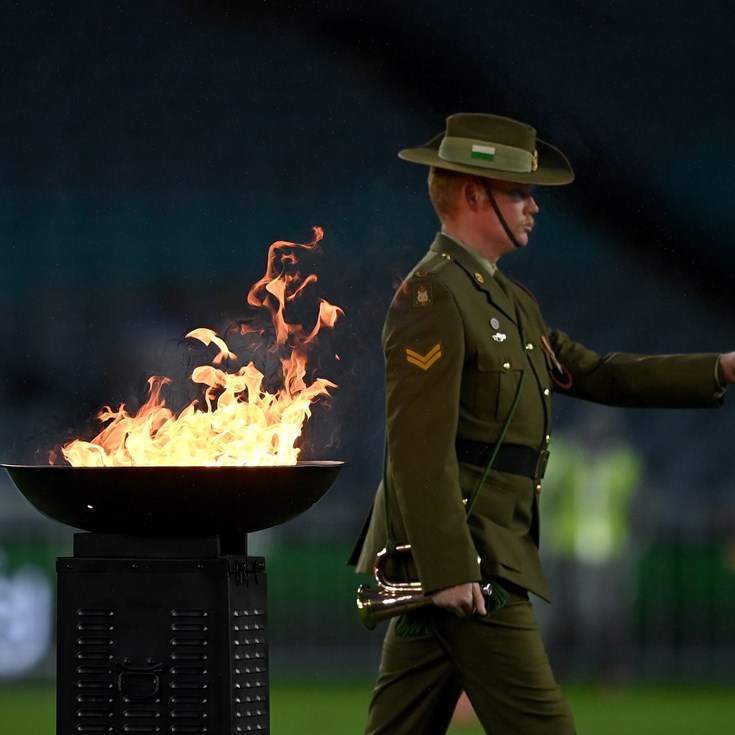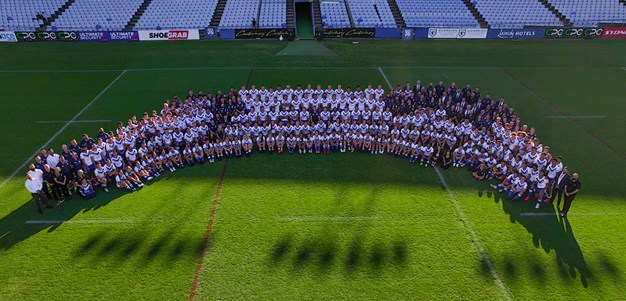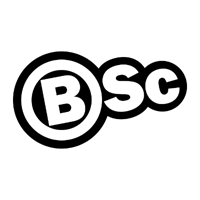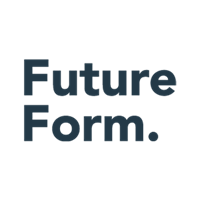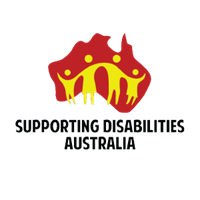
Regarded as a pioneer in sports and conditioning within rugby league circles, the Cunnamulla product found a home 1,000 kilometres south where Belmore would claim him as one of their own.
Billy Johnstone joined Canterbury-Bankstown in 1983 and made his debut at hooker in the opening fixture to the season against Illawarra Steelers.
A 1985 NSWRL Premiership to his name mixed with stints at St George Dragons, Gold Coast-Tweed Giants and a dab in boxing, Billy would later make a name for himself in his post-career as a Strength and Conditioning Coach.
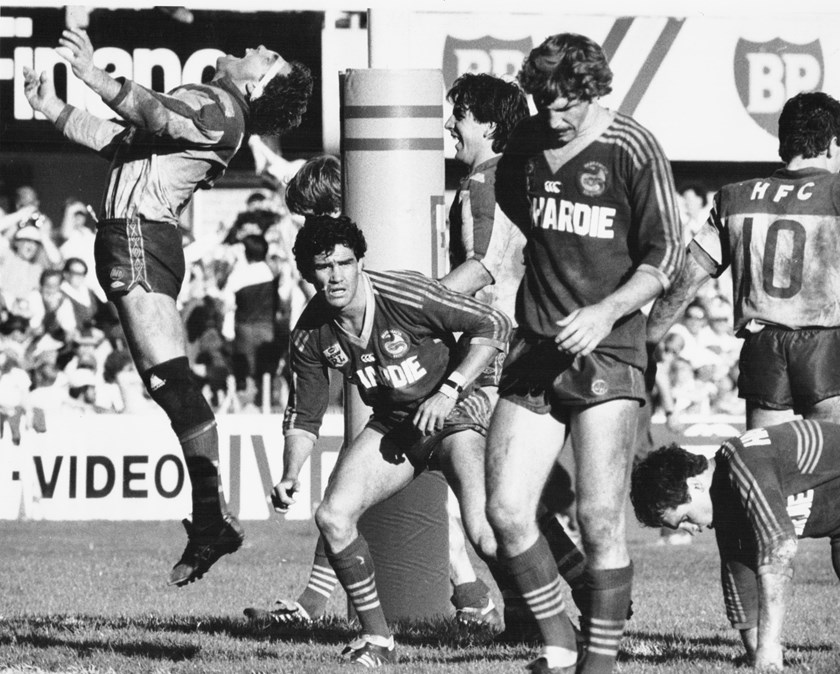
Feared across training paddocks throughout the Australian east coast, the southpaw would leave a lasting impact on the game influencing the way rugby league teams prepared and trained for upcoming premiership seasons.
Now living out of Darwin, Johnstone made a surprise visit to pre-season training in Sydney where we caught up with the Bulldogs great.
How does Billy Johnstone keep himself occupied?
Still do a fair bit exercise. I've got a gig running around the Kimberleys helping out kids with boxing. So that takes up a lot of my time.
You spent nine years here as a Strength and Conditioning Coach, what were some of your philosophies to training?
We like to think an important part was how much sleep you were getting. If you're at the nightclub till two o'clock in the morning, you weren't going to do much for us through the day. So you know, it was about just organising your life and making sure that you are fit and well.
Why was there an increased focus on training around your era?
It just turned into a professional game then. The time up until when I started, most of the guys had full time work or they had some sort of job. And so it was a lot different, you know, and then when it went into full time professionalism, they had a lot of spare time on their hands.
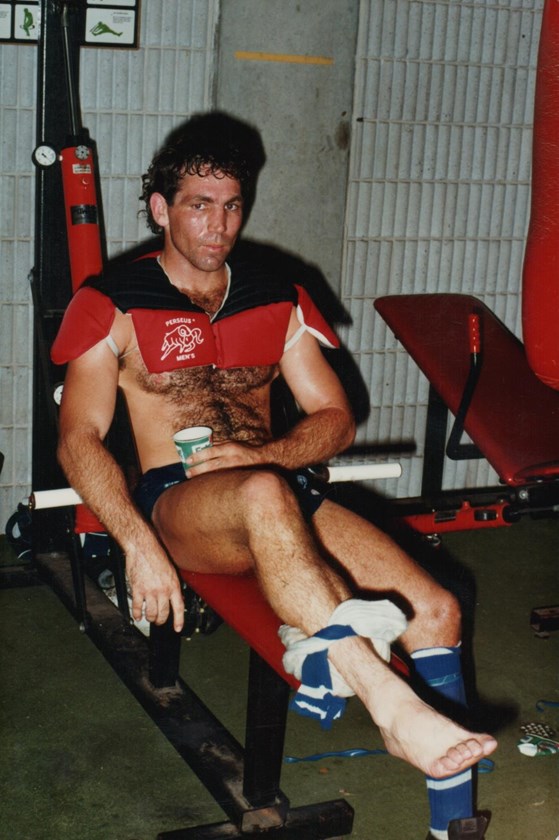
Many former players of this club say you're arguably the toughest trainer, why?
The thing about the Bulldogs, around that time, when I was playing, we were known for our hardened defensive style. And Steve Folkes, Chris Anderson, those guys who were coaching when I come back to do the conditioning, wanted to revive that era where Bulldogs were hard to beat.
Sports science plays a key role in today's game. Can you see a balance for both the way you trained back in the day? And the way the boys train now?
There is a lot more emphasis on recovery. And it's interesting to see, you know, the guys are a fair bit bigger now. Most of the front rowers, forward type guys, middle forwards in that era, were asked to play full 80 minutes. So it's a different game, the game has changed.
You tested the players not only physically but mentally. Why did you push the players so hard to get the best out of themselves?
I always used to think that if they could get through some of the stuff that we're doing with me at training, then it made the game fairly easy. So you know, it was just always challenging. You know, how far they would go.
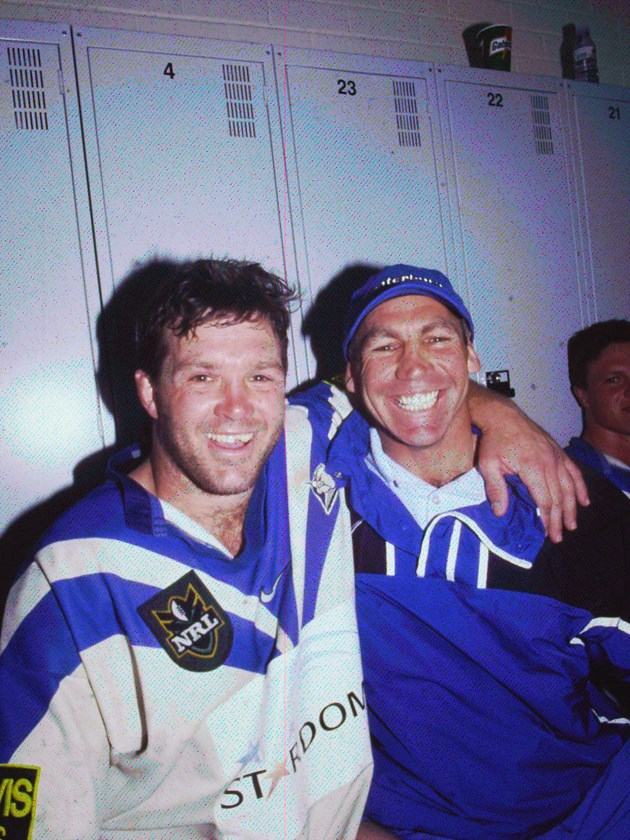
You also had an association with the club as a player. How much did you love your time at the club?
We had a tremendous time. So the four years I played at the Bulldogs we made a preliminary final and three grand finals. So it was the golden days, you know. It was really good, there was a lot of competition for positions. Mark Bugden was the other hooker in our top squad. We had a guy called Pat English, who was very good player, took over from George Peponis. And so Canterbury had a lot of depth in those days.
It was a very successful era for the club Billy the 80s. What was so good about that? And, you know, I suppose what made that era different from other clubs?
I think the administration, you know, how the club was run. Peter Moore was the boss. Most of the time I was there. And then Bob Hagan, who was an ex-player took over, and Bob had learnt how bullfrog ran it. And so the thing about it was, it was known as the family club, everyone was involved in all the social things.
Is there a moment throughout your time in your career that stands out?
You know, mostly the grand final type wins. My debut at the Bulldogs stands out for me you know. It was a preseason game, a young fella come down from Brisbane. The Brisbane competition was quite strong then as well. But it was good you know, the first time I played for the Bulldogs in 1983 was great.
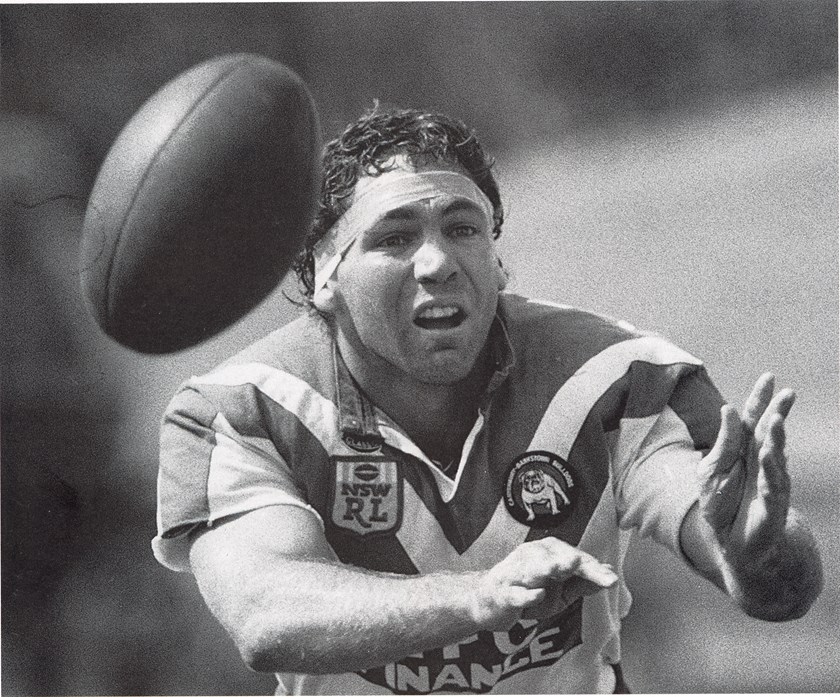
You've obviously you've been involved in the game for a long period. What separates this club from many?
The thing about it was how inclusive they were and it wasn't only the players involved with the club. Usually, there were functions for the wives, girlfriends and the kids were able to come along. They always have barbecues after training, it was always about building the team up.
When you look at the times through the club Billy, is there one player that stood out from the others?
For me, Terry Lamb is probably the best player I've seen at the Bulldogs. His record speaks for itself. How he's not an immortal there has got me buggered. We played every game on a Kangaroo tour. I think that 1986 one or something, you know, so he was a great player for our club Baa.
From a training point of view, which player during your time at the club was arguably one of the greatest trainers?
That's hard to say. But when Bradley Clyde came from Canberra Raiders to the Bulldogs, I thought that I'd be pulling him and Ricky into gear. Bradley Clyde could do anything that you asked him to do. You know, we'd ride the push bike 20 laps around Centennial Park, which is 80 kilometres. Bradley turned up on a six speed push bike with the handlebars turned up and kept up with everyone. Anything I asked him to do, he could do.
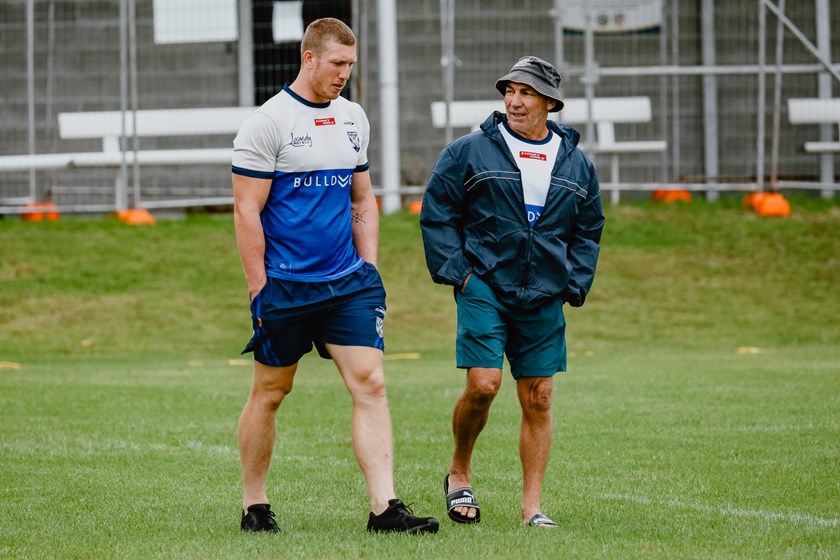
You were famous for your cross training Billy, it wasn't always about, you know, the kilometres you got into the legs. The bike ride and swimming, what was the purpose of those sessions?
In my era, there are a lot of guys after football with a lot of lower leg injuries, you know, in incapacitated. How I thought at that time was that, the amount of long running and the amount of time you spend on your legs on the field, that I wanted to take that away from them. So we could do most of our conditioning with no impact. And then just do your football stuff to get your legs organised.
Billy, around Rugby League circles you are remembered as one of the toughest, if not the toughest trainer. Is that the legacy you wanted to leave when you have given it away now?
I never really thought about that. You know, the thing that I did know from playing was that if you weren't fit, you usually lost. It was that simple. So, you know, I wanted to make sure that our whole squad was at least, as fit as they could be. And then if we got beaten on ability, well that's bad luck.
